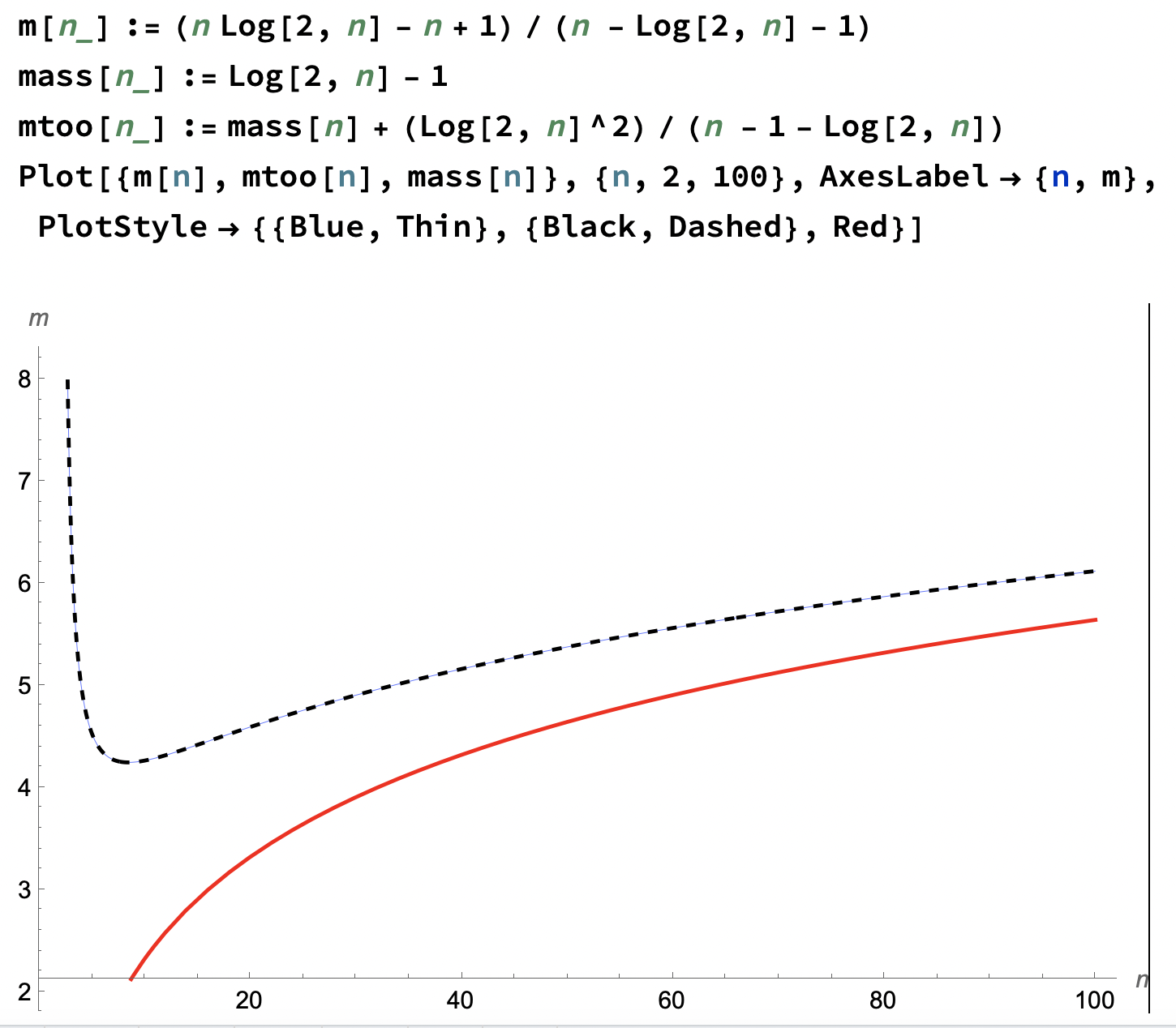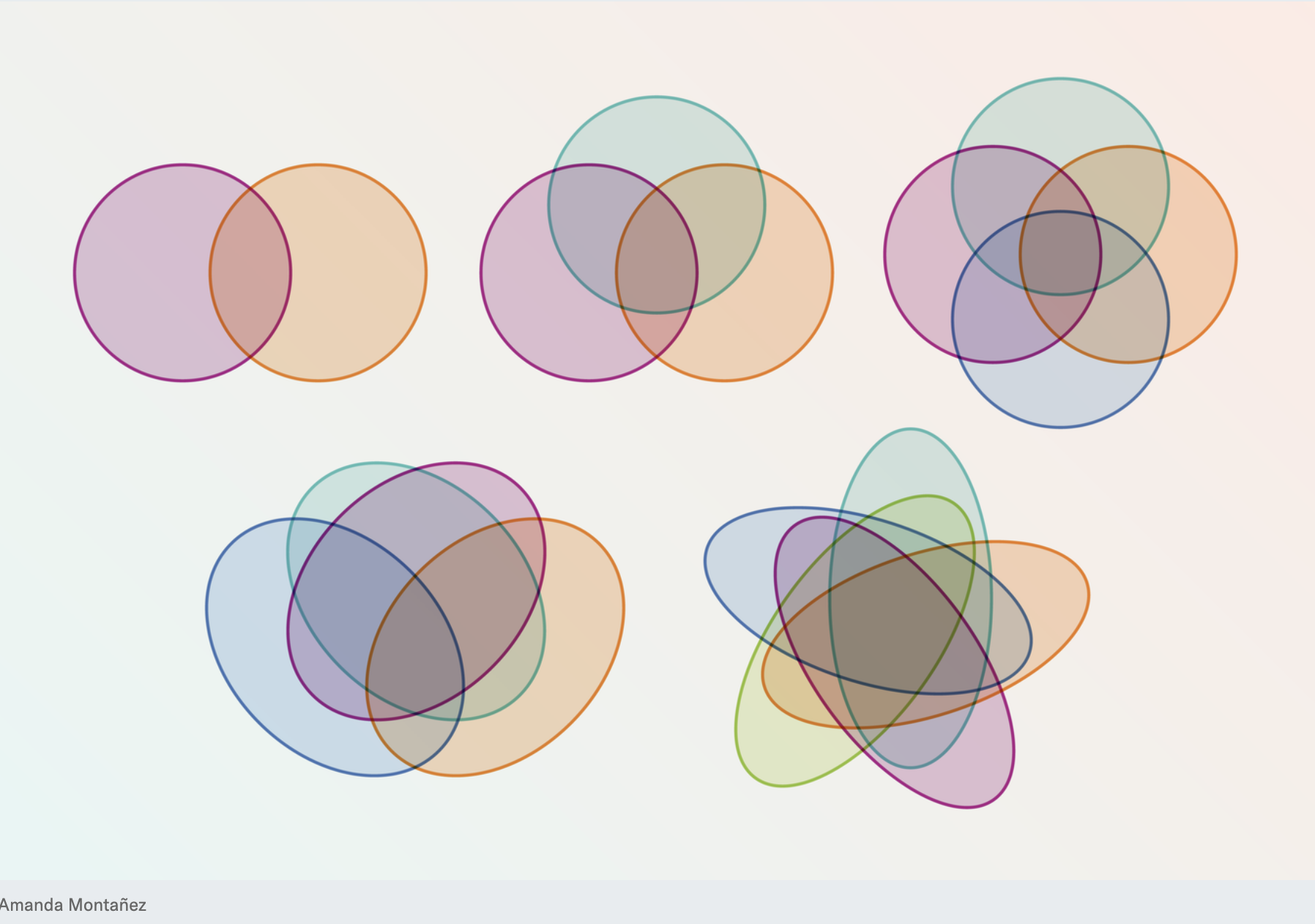- Our first of two midterm exams is next week, and will cover
chapters 1-3 (the sections we've covered, at any rate). On
Monday we'll have a review. You'll be allowed a one-page (front
and back) sheet for the exam.
- Quiz this week is over 3.2: recurrence relations
- Quiz returned:
- The quiz
- The key
- Some observations: I tried to help you on this one:
- Problem 1: based on Example 5 in the section (and referenced in the highlights for the section)
- Problem 2: based on Example 6 in the section (and referenced in the highlights for the section)
- Problem 3: Homework Exercise #18 in the section
You can do this one by induction, but you were told to do it directly from the definition of the Fibonacci numbers (i.e. by the recurrence relation).
- There are student tutors at NKU who may be able to help:
- Learning Plus: Mitch Playforth
- Of those in the Math/Stat lab (MP457), Sydney, Nghia and William are all CS majors so they may be able to help. Here are their hours.
- Exercise #43 asked us for a recursive definition of a geometric
progression, with constant ratio \(r\) and initial value \(a\):
\[
gp(n) \equiv a + ar + ar^2 + \ldots + ar^{n-1}
= \frac{a-ar^n}{1-r}
\]
On the right-hand side (RHS) is the closed-form solution (and
we needed that in the lecture!).
But the point of this exercise was to define the sum recursively, so we need a base case and an inductive step: \[ \left\{ \begin{array}{cc} {n=1}&{gp(1)=a}\cr {n > 1}&{gp(n)=gp(n-1)+ a r^{n-1}} \end{array} \right. \]
- Leo had asked if Taylor Polynomials can be defined
recursively, so I illustrated that with this
implementation
in Mathematica (pdf).
If you follow the code, it's very similar to the definition of the geometric progression.
- We finished section 3.2: recurrence relations
The upshot was that we can adapt the closed-form solution for the first-order, linear, constant coefficient, non-homogeneous equation, which is appropriate for problems like the Tower of Hanoi with \[ \left\{ \begin{array}{cc} {n=1}&{C(1)=1}\cr {n > 1}&{C(n)=2C(n-1)+ 1} \end{array} \right. \] to handle "divide and conquer" problems like binary search.
- We'll continue with binary search today. The comparison count for binary search is \[ \left\{ \begin{array}{cc} {n=1}&{C(1)=1}\cr {n > 1}&{C(n)=C(n/2) + 1} \end{array} \right. \] We swapped that for a linear first-order system by making a change of variables, with \(n=2^m\), or \(m=\log_2(n)\): \[ C(n)=C(2^m)=T(m)=T(m-1)+1=C(2^{m-1})+1=C(n/2)+1 \] so that the recurrence relation for binary search becomes that bit in the middle: \[ T(m)=T(m-1)+1 \] with \(T(0)=C(1)=1\). But the solution of this is obvious ("expand, guess, and check"): \[ T(m)= m+1 \] Thus (in the case where \(n\) is a power of 2) \[ C(n)=m+1=\log_2(n)+1 \]
- More generally, we saw that we can extend this result to the
following divide and conquer recurrence relation: given
\[
\begin{equation}
\begin{array}{l}
{S(1)=a}\cr
{S(n)=cS(n/2)+g(n)}
\end{array}
\label{dnc}
\end{equation}
\]
the closed form solution is
\[
S(n)=c^{\log_2n}a+\sum_{i=1}^{\log_2n}c^{\log_2n-i}g(2^i)
\]
We'll need this today.
- Marked up
- Binary search (with an initial merge sort), and

- Euclid's GCD (Greatest Common Divisor)
